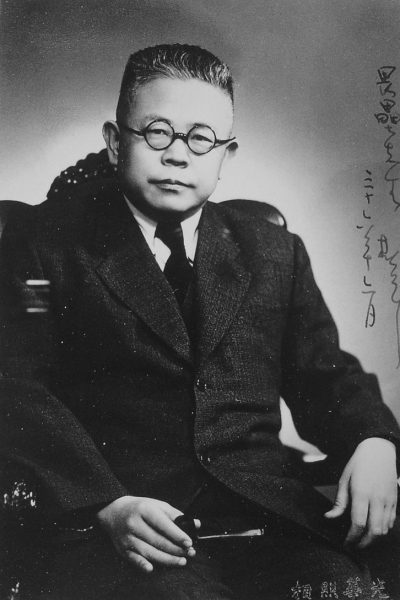Ho Shu-heng (1874- February 1935), an early colleague of Mao Tse-tung and the oldest of the original members of the Hsin-min hsüeh-hui and the Chinese Communist party, was prominent in the party's attempts to use the Hunan school system to spread Marxist- Leninist ideas and in the establishment of the party's branch in Hunan. A […]





